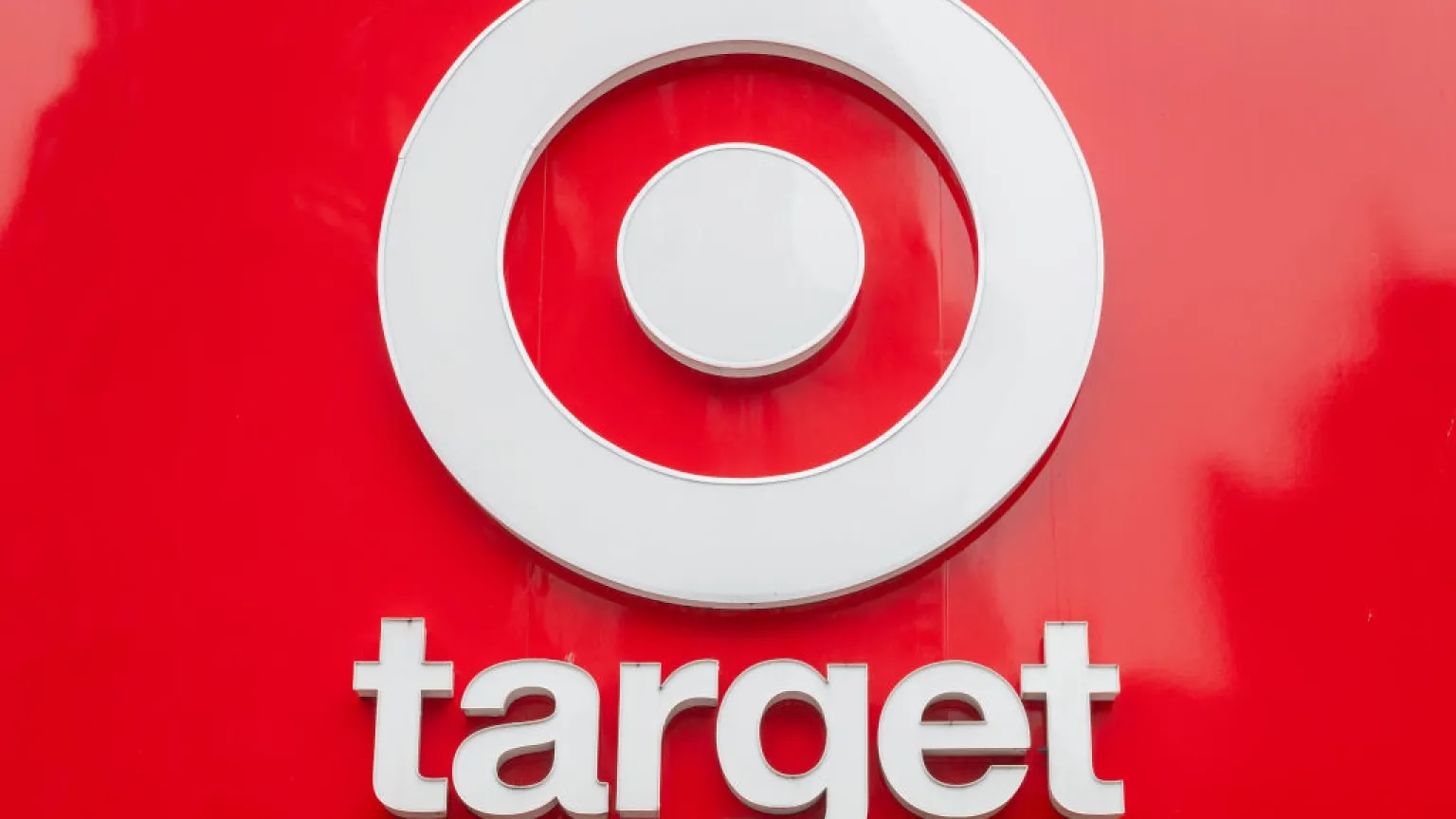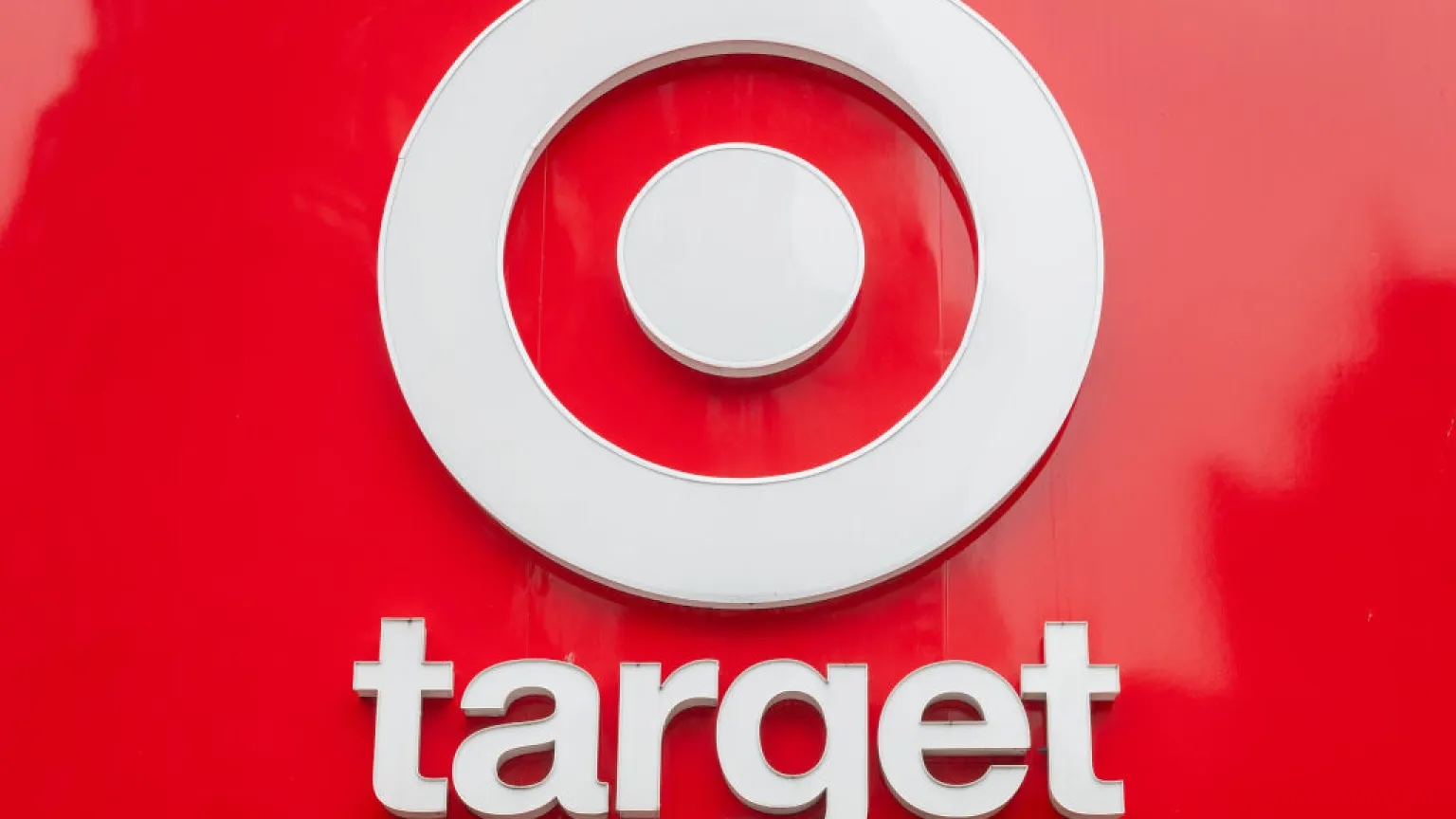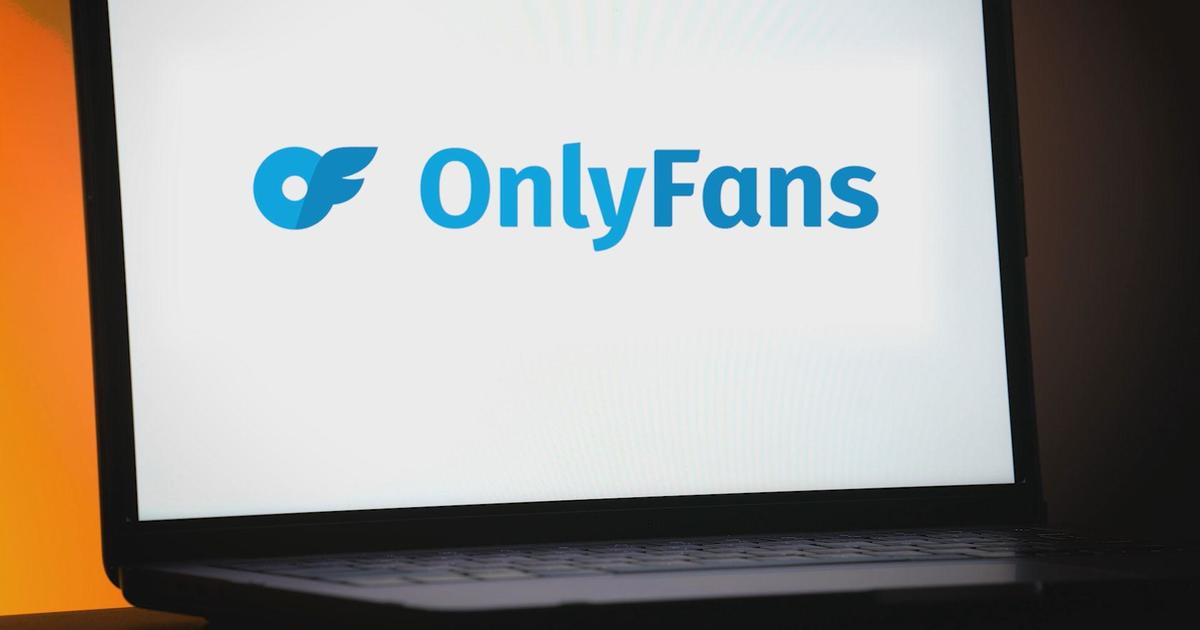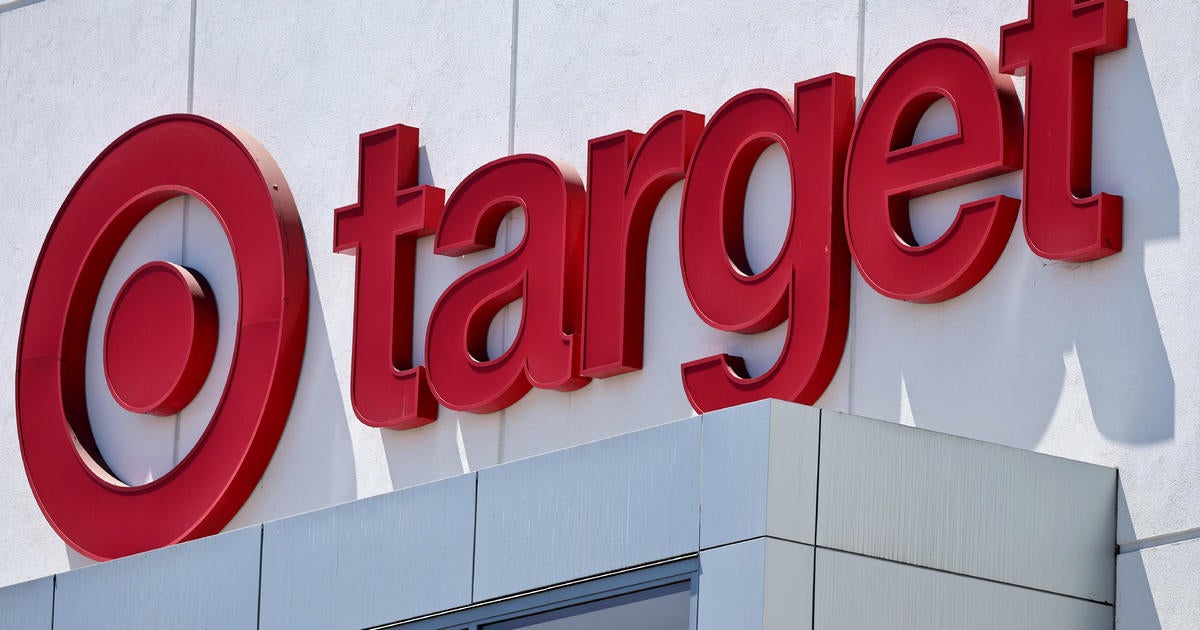“Diversity, Equity, and Inclusion: The Future of Business in the 21st Century”
As the world becomes increasingly interconnected, the business landscape is undergoing a seismic shift. Gone are the days of traditional corporate cultures that neglected the perspectives and experiences of underrepresented groups. Today, companies are recognizing that Diversity, Equity, and Inclusion (DEI) policies are not just a moral imperative, but a strategic business necessity. In a world where talent, innovation, and customer loyalty are more accessible than ever, companies that prioritize DEI are poised to reap the rewards of a more inclusive and equitable workforce.

The Backlash Against DEI: How Major Companies Are Responding

Recent months have seen a significant shift in the approach of major companies towards diversity, equity, and inclusion (DEI) initiatives. Several prominent corporations, including Target, Walmart, and Costco, have either scaled back or ended their DEI programs in response to growing pressure from conservative activists and the changing legal landscape. This backlash has sparked intense debate about the role and value of DEI initiatives in the corporate world.

The Shift Away from DEI Initiatives
Target, one of the largest retailers in the US, recently announced that it would be ending its DEI programs, including a racial equity action and change (REACH) initiative that aimed to increase Black workforce representation by 20% over three years. The company cited a need to “stay in step with the evolving external landscape” as the reason for this decision.

Walmart, another retail giant, has also announced plans to scale back its DEI efforts, including reviewing grants to Pride events to ensure they do not promote unsuitable content for underage children. This move has been seen as a response to growing pressure from conservative activists and the changing legal landscape.

Costco, on the other hand, has taken a different approach. The company’s board has recommended that shareholders vote against a proposal to dismantle its DEI program, citing the economic benefits of a diverse workforce and the importance of promoting creativity and innovation through DEI initiatives.

The Reasons Behind the Backlash: Understanding the Conservative Perspective
The recent backlash against DEI initiatives can be attributed to a number of factors, including the influence of conservative activists and the “anti-woke” movement. This movement, which has gained significant traction in recent years, aims to challenge the concept of DEI and its perceived emphasis on identity politics and social justice.

The 2023 Supreme Court decision banning affirmative action in college admissions has also contributed to the growing backlash against DEI initiatives. This decision has emboldened conservative groups to bring or threaten lawsuits targeting corporate initiatives such as employee resource groups and hiring practices that prioritize historically marginalized groups.
The concerns about DEI initiatives and their potential impact on business performance are also a major factor in the backlash. Some corporate leaders have questioned the value of diversity and its contribution to a company’s bottom line, with DEI seen by many leaders as distracting to business performance and growth.
The Impact on Businesses and Employees: What’s at Stake
The potential consequences of ending DEI initiatives are far-reaching and have significant implications for businesses and employees alike. The loss of innovation and creativity, the effect on employee morale and retention, and the potential economic consequences of a less diverse workforce are all major concerns.
A diverse workforce has been shown to drive innovation, expand markets, and fuel growth. Companies that prioritize DEI initiatives are more likely to attract and retain top talent, improve customer satisfaction, and enhance their reputation in the market.
On the other hand, the loss of DEI initiatives could lead to a less innovative and less competitive workforce. Companies that abandon DEI initiatives may struggle to attract and retain top talent, leading to decreased productivity and increased turnover rates.
Companies That Are Defending Their DEI Policies
Not all companies are backing away from DEI initiatives. Several prominent corporations, including Apple, Costco, and Target, continue to maintain and defend their DEI policies. These companies recognize the importance of DEI initiatives in driving business growth and innovation.
Target’s Commitment to DEI: A Look at the Company’s Strategy
Target has long been a fierce corporate advocate for the rights of Black and LGBTQ+ people. The company’s commitment to DEI initiatives is reflected in its “Belonging at the Bullseye” strategy, which aims to create inclusive work and guest environments that welcome all.
Target’s chief community impact and equity officer, Kiera Fernandez, has written a memo to employees outlining the company’s plans to evaluate corporate partnerships and ensure inclusivity. The company has also committed to ending its racial equity action and change (REACH) initiative, but has emphasized the importance of continuing to prioritize DEI initiatives.
Costco’s Defense of Its DEI Program: The Rationale Behind the Board’s Decision
Costco’s board has recommended that shareholders vote against a proposal to dismantle its DEI program. The board has cited the economic benefits of a diverse workforce and the importance of promoting creativity and innovation through DEI initiatives.
The company has also emphasized the importance of standing up against anti-DEI proposals and advocacy groups. Costco’s board member, Jeff Raikes, has posted on social media that “attacks on DEI aren’t just bad for business — they hurt our economy.”
Other Companies That Are Embracing DEI: Lessons from the Leaders
Several other companies, including Apple, are continuing to prioritize DEI initiatives. These companies recognize the importance of DEI initiatives in driving business growth and innovation.
Apple’s commitment to DEI initiatives is reflected in its “Inclusion & Diversity” page, which outlines the company’s efforts to promote diversity and inclusion in the workplace. The company has also committed to increasing its representation of underrepresented groups in its workforce.
The Future of DEI: What’s Next for Companies and Employees
The future of DEI initiatives is uncertain, with several prominent companies scaling back or ending their programs in recent months. However, there are also signs that some companies are doubling down on their commitment to DEI initiatives.
The Potential Consequences of a Post-DEI World: A Look at the Implications
The potential consequences of a post-DEI world are far-reaching and have significant implications for businesses and employees alike. The loss of innovation and creativity, the effect on employee morale and retention, and the potential economic consequences of a less diverse workforce are all major concerns.
A diverse workforce has been shown to drive innovation, expand markets, and fuel growth. Companies that prioritize DEI initiatives are more likely to attract and retain top talent, improve customer satisfaction, and enhance their reputation in the market.
The Importance of DEI in Driving Business Success: A Case for Continued Investment
DEI initiatives are a key driver of business success, and companies that prioritize these initiatives are more likely to drive innovation, expand markets, and fuel growth. The economic benefits of a diverse workforce are clear, and companies that prioritize DEI initiatives are more likely to attract and retain top talent.
The Way Forward: How Companies Can Balance DEI Initiatives with Business Needs
Companies must balance their DEI initiatives with their business needs in order to drive success. This requires a nuanced approach that prioritizes both DEI initiatives and business goals.
Companies can achieve this balance by establishing clear DEI goals and objectives, using data and analytics to inform DEI decision-making, and prioritizing DEI initiatives that drive business growth and innovation.
Conclusion
Conclusion: Embracing Equity and Inclusion in the Corporate World
In our in-depth analysis of DEI (Diversity, Equity, and Inclusion) policies in major companies like Target, Walmart, Costco, and more, we’ve uncovered a complex yet promising landscape. Our investigation revealed that these industry leaders have made significant strides in implementing DEI initiatives, from diversity hiring practices to employee resource groups and inclusive workplace policies. However, we also encountered challenges and areas for improvement, such as measurement and accountability gaps. Despite these setbacks, it’s clear that the businesses that prioritize equity and inclusion are poised to reap long-term benefits, including a more resilient workforce, enhanced brand reputation, and better economic performance.
The significance of DEI policies extends far beyond the corporate world, with broader implications for society as a whole. By fostering inclusive work environments, companies can help break down systemic barriers and promote social mobility. Moreover, as consumers increasingly prioritize ethics and social responsibility in their purchasing decisions, businesses that demonstrate a genuine commitment to DEI will be well-positioned to capture a larger market share. Looking ahead, we expect to see more companies incorporating DEI metrics into their executive compensation packages, as well as increased investment in employee development programs that address the unique needs of underrepresented groups. As the business landscape continues to evolve, it’s clear that DEI will play an increasingly vital role in driving success and driving progress.
As we close this article, we’re left with a pressing question: what will it take for the corporate world to truly embody the values of equity and inclusion? Will it require a seismic shift in corporate culture, or can we find a way to harness the power of diversity to drive innovation and growth? One thing is certain: the companies that seize this moment will be the ones that rewrite the future of business, and redefine what it means to be a leader in a rapidly changing world.



Add Comment